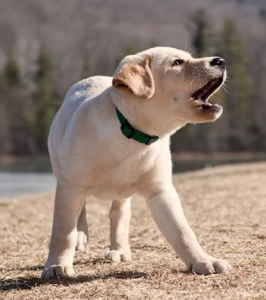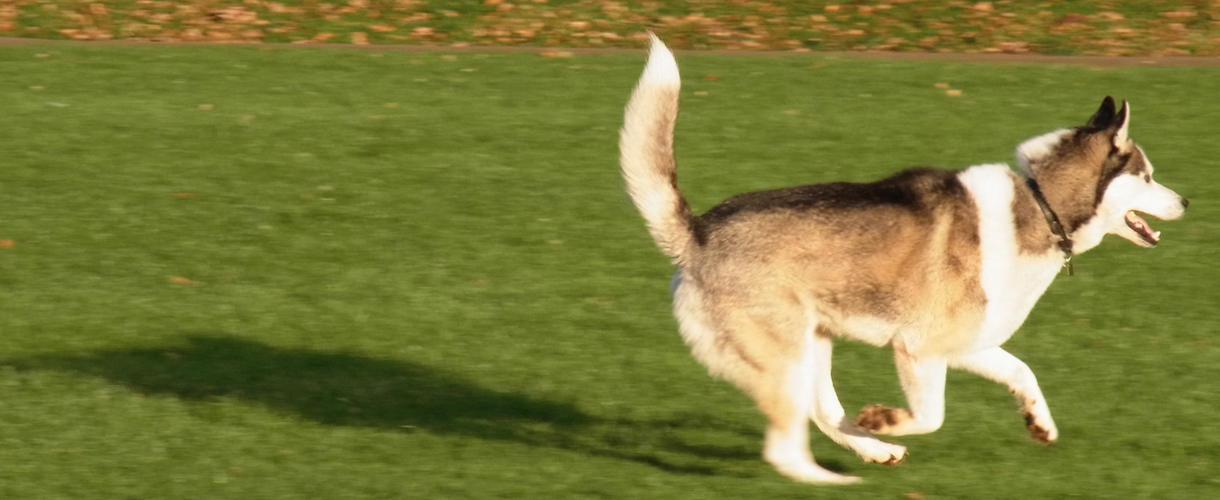 Second (In)Sight – the Second Fear Period – is here and Travis needs help to get through it. 3-4 week old puppies have an extreme startle response as their eyes and ears open and they experience their first sights and sounds. This is known as the First Fear Period.
Second (In)Sight – the Second Fear Period – is here and Travis needs help to get through it. 3-4 week old puppies have an extreme startle response as their eyes and ears open and they experience their first sights and sounds. This is known as the First Fear Period.
Dogs develop a second insight into life as the Second Fear Period hits at around puberty which is a normal part of puppy development. As puppies begin to get more independent, they can be at more risk of injury so have evolved to become wary of things that they may have explored or ignored previously. This is the last stage in brain development before the dog matures and marks the beginning of attaining self-control. Adolescent dogs, like their human counterparts, can have mood swings and find it difficult to make sensible decisions.
Travis is showing signs of entering puberty: his testicles have descended and he has become suddenly vocal, mostly barking, somewhat randomly, at people especially after dark. A friend with an Apple Watch recorded his bark at 90dB – a similar level to a Boeing 737 or DC-9 aircraft at one nautical mile (6,080 ft) before landing!
Puberty is hard for people and dogs – and dog owners! It can be even more challenging than early puppyhood. The new fears that dogs develop can come and go over a few weeks or even months and training can seem to regress, but the more training that has been done before hand, the quicker it will return as adulthood approaches. You may need to take extra precautions such as putting your dog back on a lead or long line to prevent him from ignoring your recall as he starts to think more for himself and becomes less focused on you. The length of time that this period lasts varies considerably with the individual dog and, to some extent, with the breed of dog, basal breeds and small dogs tending to mature faster than larger dogs.
Although it can be frustrating, it is important not to punish your dog for feeling afraid because it will not only be ineffective in stopping unwanted behaviour, it could make him afraid of you too. Gentle support and tolerance will help your dog to develop through this phase and you will be well on your way to getting the dog that you’ve always wanted.
Next week: Getting A Pasting – More About Teeth
Meanwhile, why not check out R+Dog Training Teenage Tearaways Course and the new Puppy Social Walk and Adult Social Dog Walk in Chiswick House grounds for help with your puppy, adolescent or adult dog.

